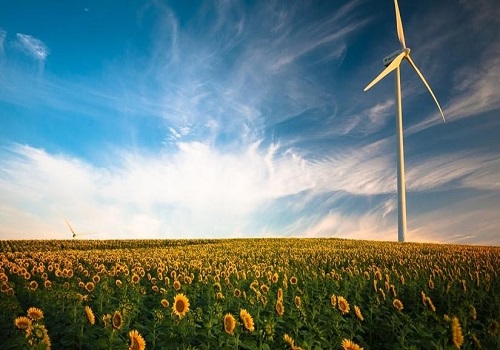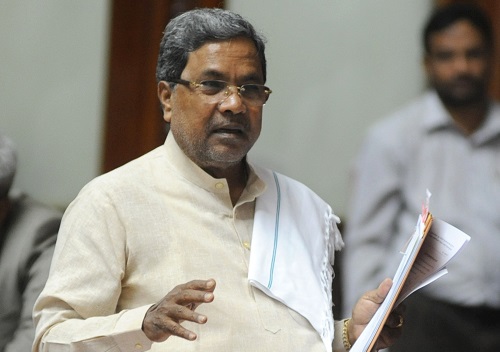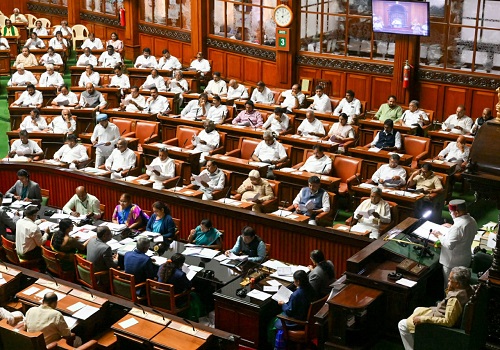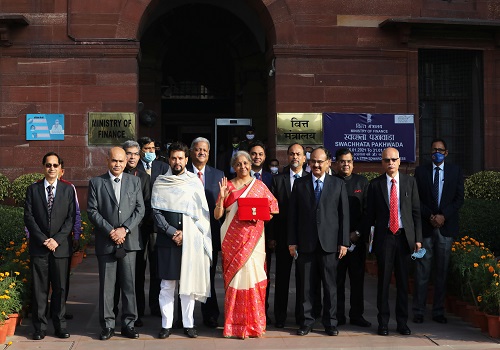India spearheading one of world's most ambitious clean energy transitions: Economic Survey

Follow us Now on Telegram ! Get daily 10 - 12 important updates on Business, Finance and Investment. Join our Telegram Channel
India is spearheading one of the worlds most ambitious clean energy transitions and remains steadfast in its commitment to combat climate change, according to the Economic Survey for 2022-23, which was presented in the Parliament on Tuesday.
Despite the adverse impacts of Covid-19 on the economy, India has enhanced its climate ambition manifold and embarked on a long-term strategy towards a Low GHG Emission Development Strategy by adopting a multi-pronged approach.
The energy transition plan is complemented by numerous policies intended to improve the ecosystem to deploy promising technological innovations, like green hydrogen.
The country has consistently modified/amended regulatory standards and adopted policy-level interventions to support the development and adoption of new technology.
India's progress on energy transition may be understood from the fact that it has enhanced its non-fossil fuel based installed capacity target to 50 per cent in its updated Nationally Determined Contribution (NDC) as the target of 40 per cent of the first NDC was achieved well in advance.
The sustainable finance framework has also evolved from the initial steps covering the top listed 100 companies required to conform to sustainability standards. The requirement has now not only been extended to 1,000 top listed companies on a mandatory basis, but also the sustainability standards have become much stronger and measurable that correspond to the best practices while taking into account the specific context of India, the Economic Survey said.
Climate change is primarily attributed to disproportionately high cumulative emissions, both historical and high per capita annual emissions of greenhouse gases (GHGs) of the developed countries. The global nature of the problem makes India one of the most vulnerable regions despite having contributed only about 4 per cent to the cumulative global emissions (for the period 1850-2019) and maintaining its per capita emission at far less than the world average, the Survey said.
While India is less responsible for the high stock of emissions, it, however, has consistently engaged in demonstrating global leadership towards adopting various measures and ensuring a low-emission growth pathway with a commitment to the net-zero emissions goal by 2070.
























